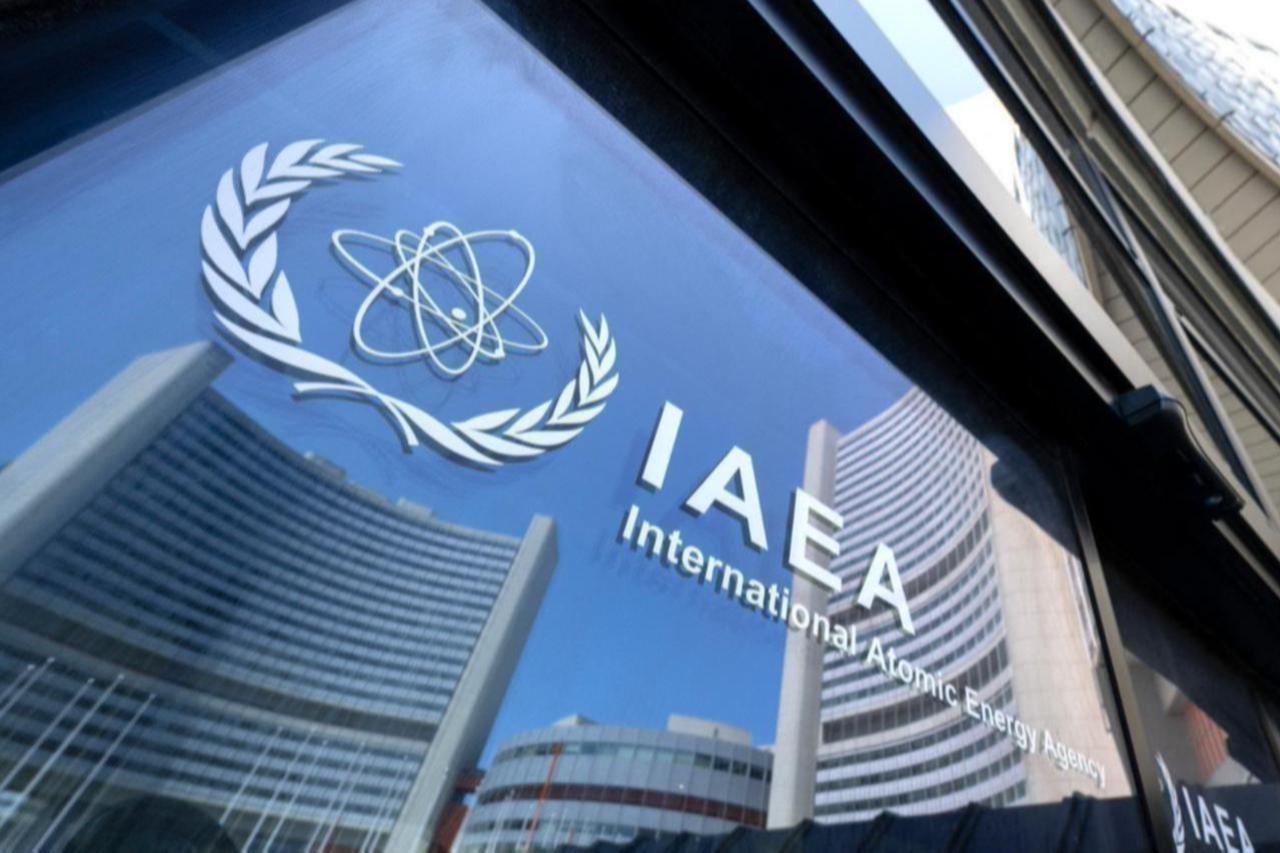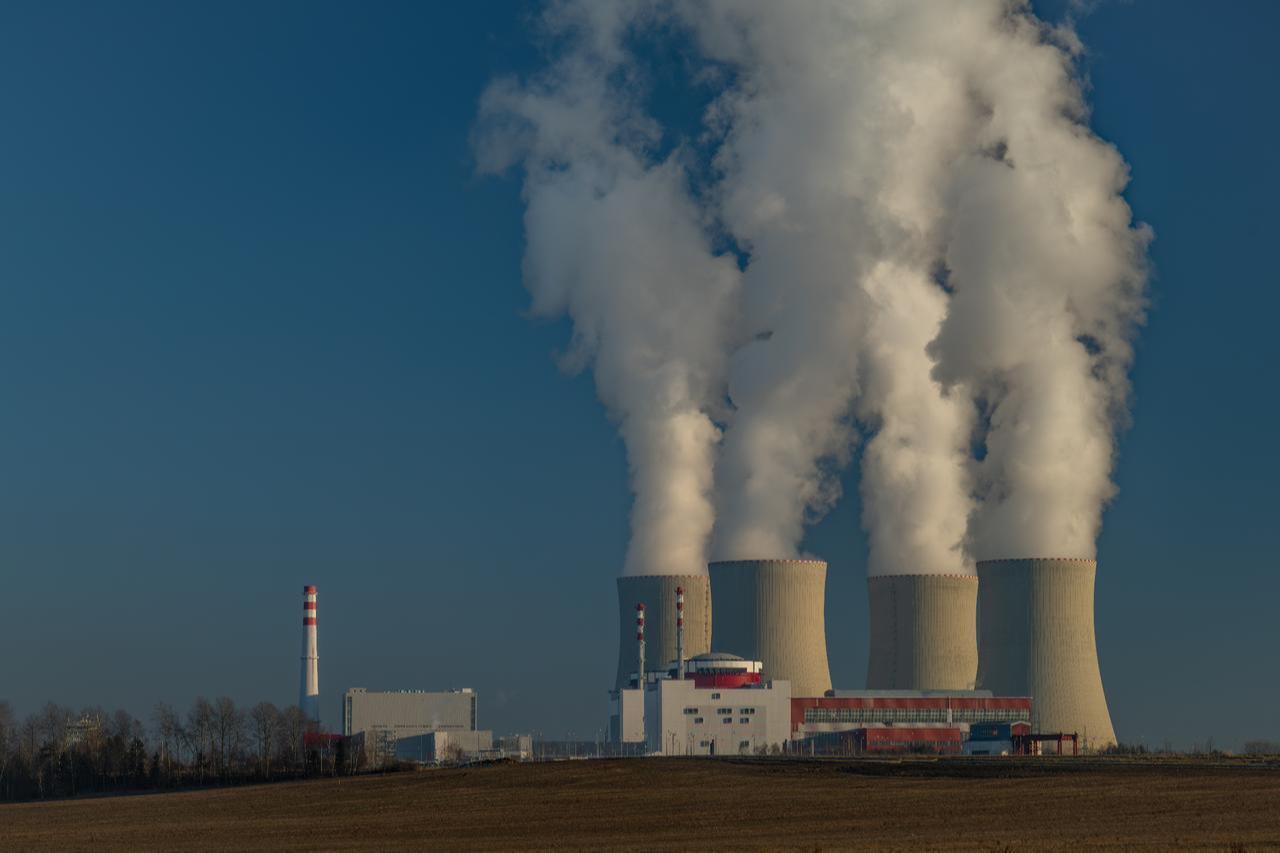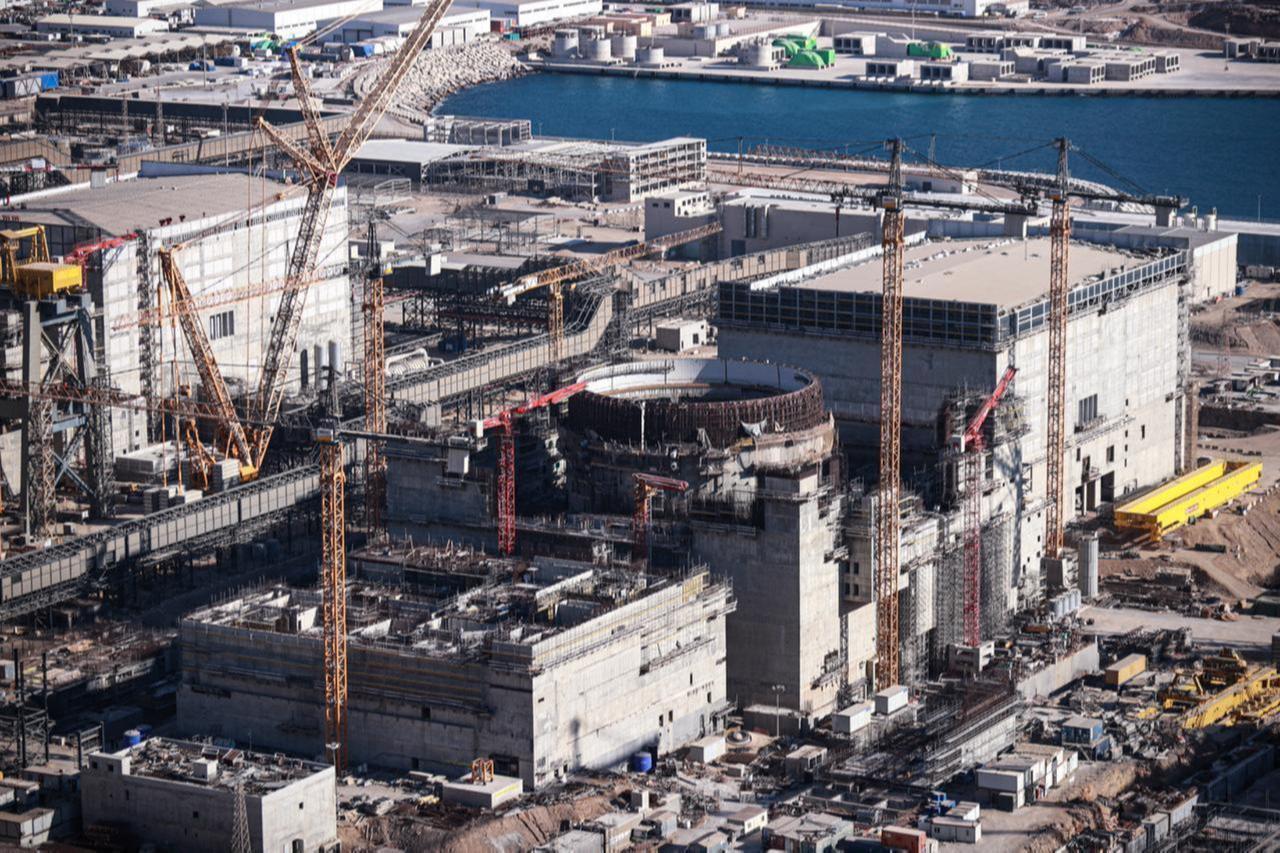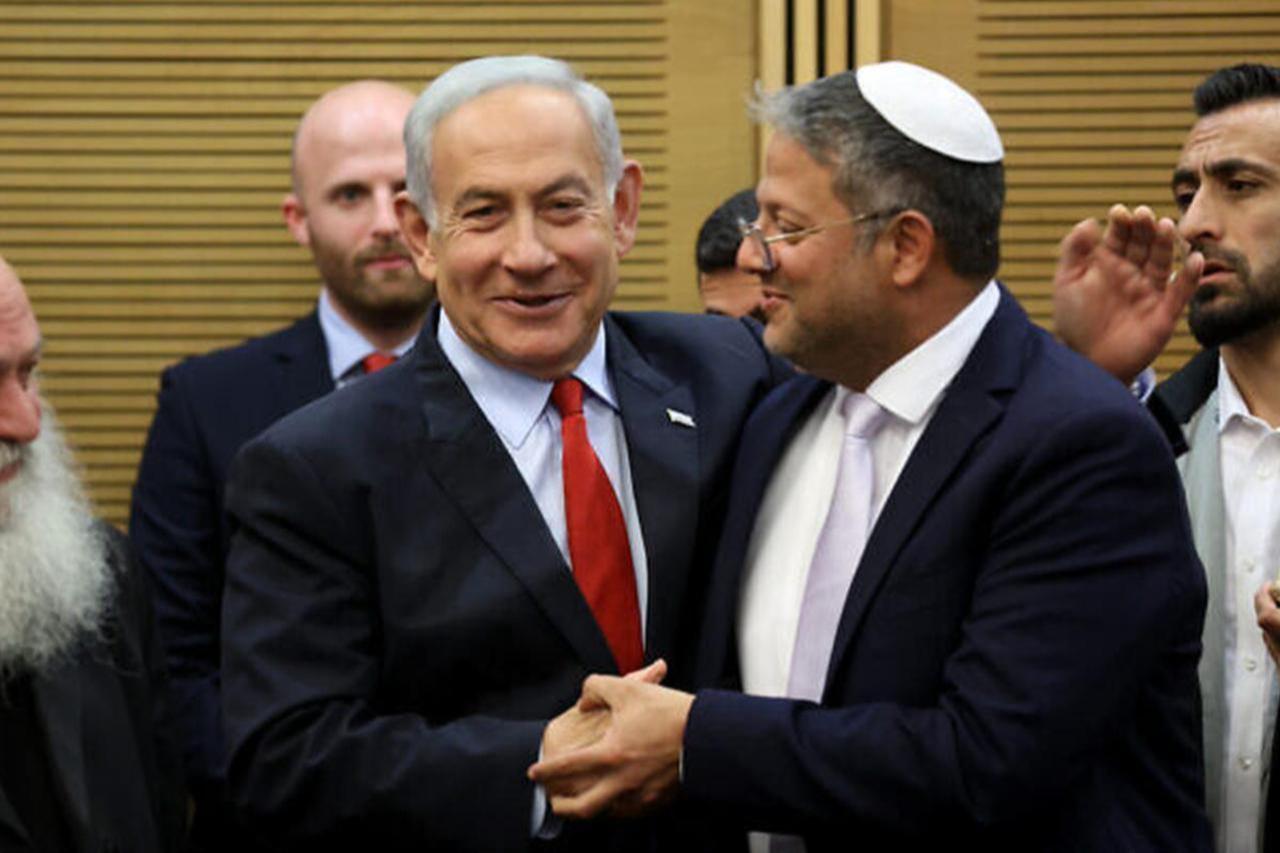
The International Atomic Energy Agency overwhelmingly approved a resolution Friday calling for the establishment of a nuclear-weapon-free zone across the Middle East, marking the latest diplomatic push to address nuclear proliferation concerns in the volatile region.
The measure, proposed by Egypt and adopted at the IAEA's 69th General Conference in Vienna, passed with 120 countries voting in favor, none opposed and seven abstentions. The resolution specifically urged all Middle Eastern nations to join the Treaty on the Non-Proliferation of Nuclear Weapons and submit their nuclear activities to comprehensive IAEA oversight.
The resolution emphasized what it called the "urgent need" for regional states to place all nuclear programs under international safeguards, arguing such measures would "help to strengthen regional peace and security." It also called on countries to avoid actions that could undermine efforts to create the nuclear-free zone.

In a separate vote, the IAEA adopted a resolution addressing nuclear facilities in Ukraine, though with less consensus. The measure passed 62-7 with 46 abstentions, calling on Russia to "immediately halt all actions against Ukrainian nuclear facilities."
The resolution expressed particular concern over Moscow's continued presence at the Zaporizhzhia Nuclear Power Plant, despite repeated appeals for Russian military and other personnel to withdraw from Europe's largest nuclear facility.

Egypt has emerged as a leading advocate for nuclear disarmament in the Middle East. On September 13, the Egyptian Foreign Ministry renewed its call for universal NPT adherence, "particularly in the Middle East," arguing this would ensure all regional states join the treaty and submit their nuclear programs to international monitoring.
The ministry described nuclear weapons as "a grave threat to humanity" and urged the international community to ensure full treaty implementation across the region.

The diplomatic effort comes as Israel remains the only Middle Eastern country outside the NPT framework. While Israel has never officially confirmed possessing nuclear weapons, it is widely believed to maintain a nuclear arsenal, complicating regional non-proliferation efforts that have been discussed in various international forums for decades.
The resolution comes as international pressure for nuclear transparency in the region grows, marked by ongoing conflicts and security concerns, though establishing an enforceable nuclear-weapon-free zone would require agreement from all regional powers, including Israel.
The IAEA also appealed to all nations, particularly those responsible for maintaining international peace and security, to support implementation of the resolution and provide backing to the agency's director general.